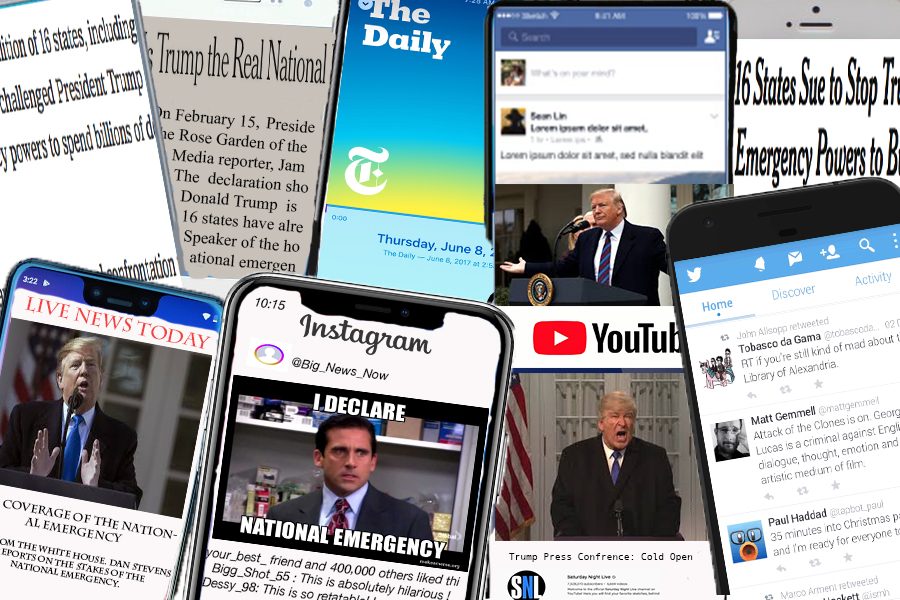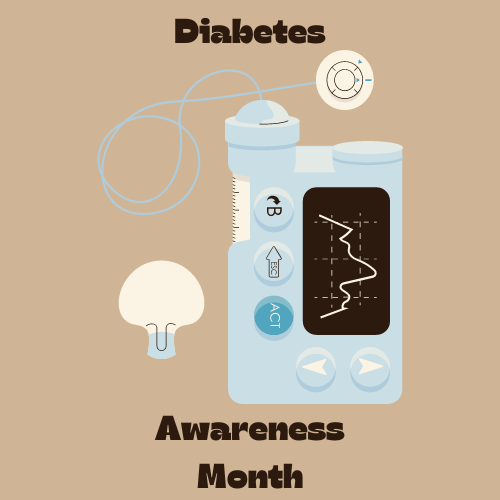National Emergency: A Common Crisis?
February 26, 2019
Media has always played a crucial part in politics. It shapes public opinion, inspires movements, and even draws attention to an incident a politician has tried to cover up. Without it, the nation would be in the dark about major issues being presented in the government. However, there also comes a time when the media over exemplifies a relatively minute action simply because they do not agree with the person who made the decision. This is exactly what the press did when a national emergency was declared.
On February 15, President Donald Trump issued a national emergency in order to gain funds to build a wall along the southern border. Within minutes, the press began releasing stories full of opinions about the declaration the president had made. A large majority of these stories were negative and bashed the president’s ability to lead the country. This flood of negative news sent the country into a state of dismay and worried the general public. People all over America have begun to worry about the state of the nation when, in reality, there isn’t much to be afraid of.
This is not the first time that a president has issued a national emergency. Since the year 1976, each president has declared at least one national emergency. During his presidency, Bill Clinton issued a total of 17 national emergencies, mostly relating to foreign policy and remained completely unopposed by the U.S court system. George W. Bush issued 12 national emergencies, eight of them still remaining in effect. Barack Obama issued a total of 13, with nine of them still in effect today. So far, President Trump has only issued three national emergencies.
Most of the national emergencies issued in the past went unnoticed and remained completely unopposed by the media; so why is the latest one getting so much attention? The main reason is that a national emergency was issued was for the sole purpose of funding a border wall to eradicate the movement of illegal immigrants across the border. At least that is how the press portrays it. However, President Trump has stated the reason for a border wall is to stop the flow of drugs, especially fentanyl, and sex trafficking into the United States.
The press aren’t the only ones with opinions on the national emergency. Since the day he was elected, President Trump has always received criticism from celebrities. On the day the emergency was issued, several celebrities took to Twitter to air their complaints, some more aggressive than others. Famous actor Rob Reiner stated, “By declaring a non-existent national emergency, The Pathological Liar is once again facilitating the slow erosion of Democracy. We must never allow his childish temper tantrum attempts at authoritarianism to become normalized. Keep fighting to preserve US!” This outpour of celebrity criticism only encourages the president to fire back, something he has done countless times in the past.
With all coverage on the national emergency, it’s hard to determine between fact and opinion. The facts tend to get covered up by the opinion of a news source and make it incredibly hard for the public to make an educated decision. The situation is no different when it comes to the national emergency. The media has poured over the national emergency and twisted it into a bigger issue than it actually is.












